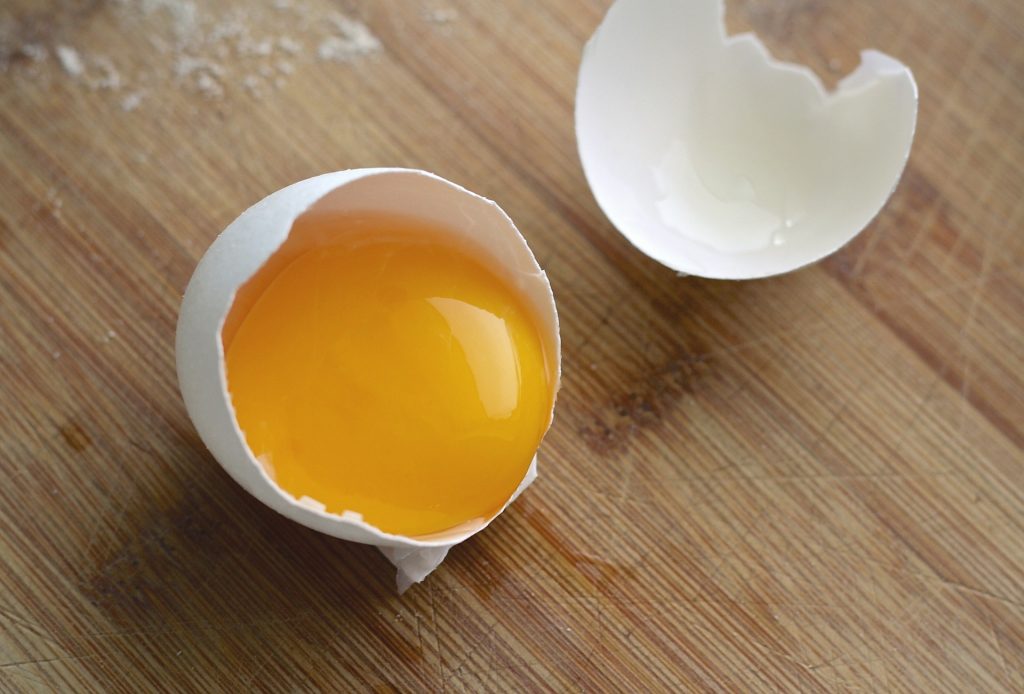Biotin is a water-soluble vitamin and part of the B-complex group. It is an important compound that helps release energy from the metabolism of macronutrients (carbohydrates, proteins, and fats) in foods. In addition, biotin helps with the growth of cells and is often a component of products used to strengthen hair and nails.

How much do I need?
- Men and women need 30 micrograms per day
- For recommendations for infants, children, teens, and lactating women, check out the chart in CSU Extension’s Fact Sheet: Water-Soluble Vitamins: B-Complex and Vitamin C
Food sources
Biotin occurs naturally in many foods and is also made by bacteria in the intestine. Good sources of biotin include yeast, whole-grain cereals and breads, nuts, dairy products, legumes, organ meats, salmon, and egg yolks.
What happens if I don’t get enough?
A diet low in biotin is rare, especially in the United States, since it is found in many commonly eaten foods. Deficiency symptoms can include fatigue, loss of appetite, nausea, vomiting, depression, muscle pains, heart problems, and anemia. Some people may also experience hair loss and brittle fingernails.
Even though deficiency of biotin is rare, consuming raw egg whites for a prolonged period of time (many weeks to years) has been shown to result in biotin deficiency. Since raw egg whites contain a protein called avidin that prevents the absorption of biotin, eating raw eggs is not recommended.
Can I get too much?
Biotin is not known to be toxic and no tolerable upper level of intake (UL) has been determined.
Did You Know?
- Eggs are a great food source of biotin (13-25 micrograms per egg) with most of the biotin being in the yolk.
- Eating cooked eggs is recommended for optimal biotin absorption and to minimize the risk of foodborne illness from Salmonella.


